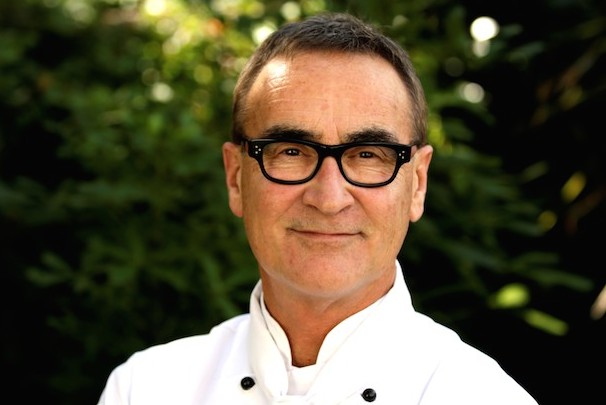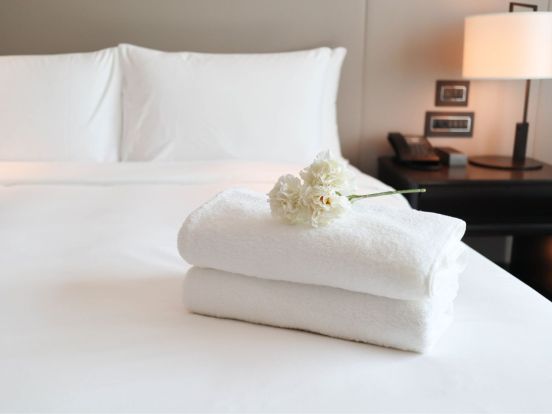 Each year, 10 top chefs from the around the world are invited to meet Dilmah tea maker Merrill J Fernando and his family at the family-run Dilmah tea estates in Sri Lanka, where they explore the diversity and possibilities of tea and its terroir.
Each year, 10 top chefs from the around the world are invited to meet Dilmah tea maker Merrill J Fernando and his family at the family-run Dilmah tea estates in Sri Lanka, where they explore the diversity and possibilities of tea and its terroir.
The famous event is called Chefs & The Tea Maker and having been invited previously but unable to attend until this year – Ray McVinnie was delighted to finally make it. He also had a chance to cook in Sri Lanka – the talented chefs were required to create and cook four dishes, using what is possibly the world’s most savoured herb – tea.
What were the highlights of the trip?
Going to the Temple of the Tooth in Kandy was a highlight, and my most memorable meals were the lunches we had at the tea garden bungalows on the Dilmah tea estates – home-style Sri Lankan food cooked by great cooks. The coconut rottis were beautiful, we watched them being made; as were the pittu, which is flour or rice and coconut steamed in bamboo leaves and served as a side. I loved the prawn and lentil fritters too, which we bought from vendors on the beach.
When I go away I’m more interested in what the cooks cook, not the chefs. I like to learn the traditional rules then use my own style to create something different. I do a lot of research before I go anywhere – I read, look up recipes, shop for authentic ingredients, cook and eat as much as I can of the food style of where I’m going. It all helps gather the context around a cuisine, so you can understand it better when you arrive.
Who else did you meet?
The most interesting was Lula Martin del Campo from Mexico, and learning about her life as a caterer in Mexico city. We worked hard, it was really hot, and Lula was my go-to-person, she kept me sane. In Mexico, she mostly catered for corporates as an executive chef at a leading bank and for boutique hotels. She opened her own restaurant Roco in 2011 and has a brilliant cookbook out called LulaChef – Mexico Contemporary. Her coconut cake is a favourite in our house.
What is your advice for setting up a business today?
Plan as much as possible first, make sure you have a high quality product and an original marketable style of food. Learn about food, not just other chefs’ recipes.
Name your remote bach shopping list?
Salt, garlic, lemons, extra virgin olive oil, chilli, good music and wine.
What important skill do MasterChef hopefuls need to survive?
Sound knowledge, practise and courage under fire. I try to be honest and direct without being cruel.
What’s your take on share plates and casual dining and what impact does this dining style have on the skill level of hospitality professionals?
It is good to see that all types of food, of a high standard in its own terms, are now being taken seriously, not just fine dining. All good food requires care, attention to detail, skill and finesse.
What do you see for the future of fine dining?
There will always be people who want to see good cutting edge erudite cooking, as well as people who are just plain pretentious and think the more food costs the better it is, so there will always be fine dining of some sort. But I am not a prophet – it will go where the marketers or cultural trends take it.
What would you say to a tired restaurateur or chef lacking inspiration?
Travel if you can. You have to recharge your culinary batteries, ideally through travel, and books and movies too. If you can’t get to the world, bring it to you. Don’t just look to other chefs for ideas either, maybe look to ethnic cuisine and create your own ideas.








